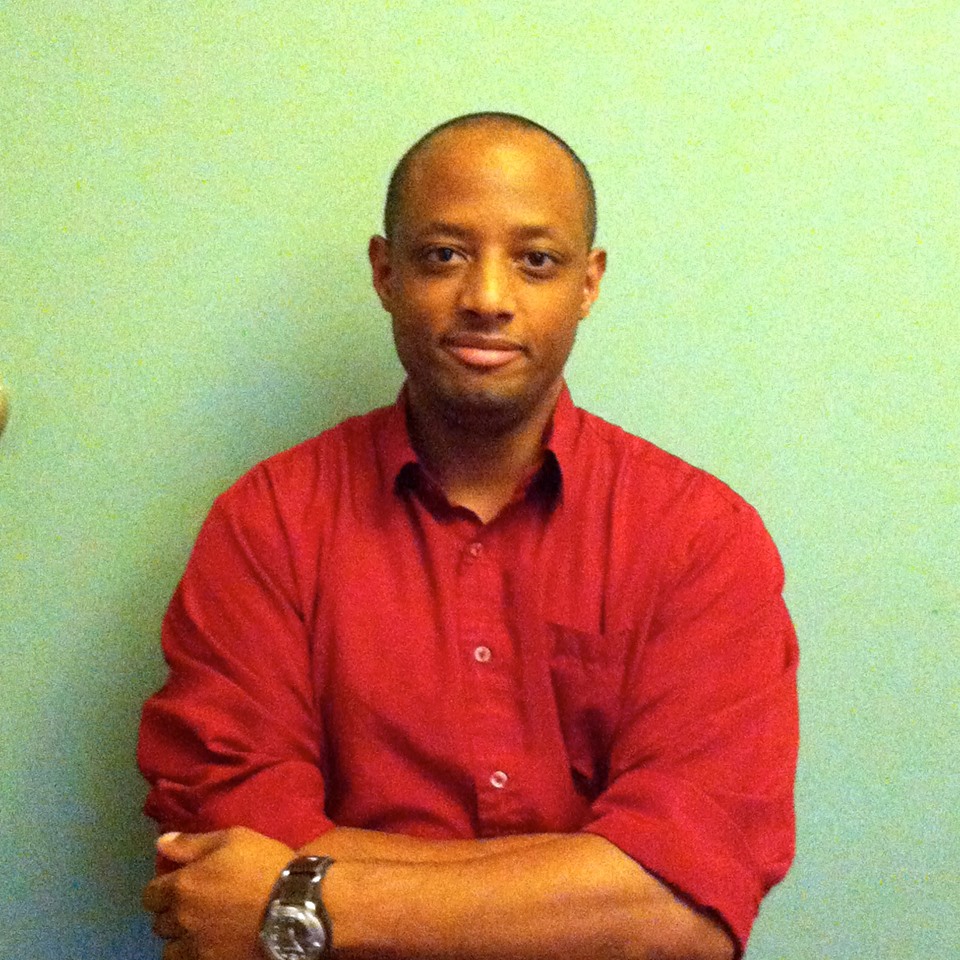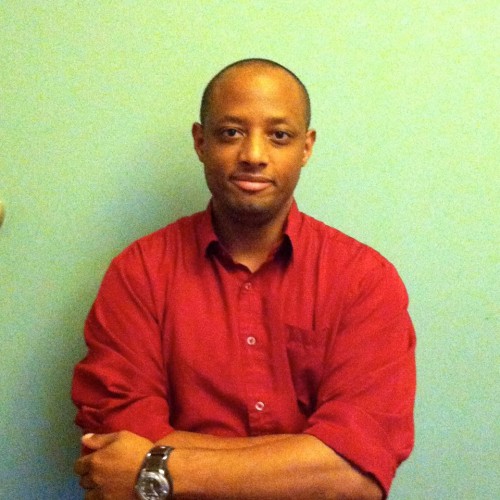
Alumni Spotlight: Micah McCrary
I recently interviewed Columbia College Chicago Nonfiction MFA graduate, Micah McCrary about his experience at Columbia and life beyond grad school.
Micah McCrary is a regular contributor to The Nervous Breakdown and Bookslut. His essays, reviews, and translations have appeared in the Los Angeles Review of Books, MAKE, Circumference, Identity Theory, Third Coast, Midwestern Gothic, The Essay Review, HTMLGIANT, South Loop Review, and other publications. Former Assistant Editor at Hotel Amerika, he is a doctoral student in English at Ohio University and holds an MFA in Nonfiction from Columbia College Chicago. He also holds a Bachelor’s degree Interdisciplinary Arts from Columbia College Chicago, where his studies focused on fiction and film.
What initially drew you to Columbia College Chicago?
I actually decided to finish my undergraduate studies at Columbia College after attending a community college in my hometown. What initially drew me in, I suppose, was Columbia’s overall presentation—I liked the way they discussed arts education, and I thought that I’d have an opportunity to study there in a way that I might not have at many other schools. Going back for my MFA, I think I used the same criterion.
What was your favorite part of the CCC MFA program? What was the greatest thing you learned in the program?
I really enjoyed the intensive study of the Nonfiction genre. I felt like the program focused on more than just creative writing, which was formative for myself as a nonfictionist. It was great to have the chance to take Topics and Form & Theory classes, which really made me feel like I was steeped in the genre. Nonfiction-as-Literature is just as important to me as learning to write it creatively, and I’m very glad to have been in a program that provided me with both aspects of study.
What creative or academic endeavors are you currently devoting your attention to? I saw some reviews you had posted online and understand you’re pursuing a PhD at Ohio University. Could you tell me more about how you decided to pursue further studies after completing your MFA?
Right now I’m mainly focused on my coursework, though I’m still reviewing whenever I get a chance, because the review is a form I really enjoy working in. I recently got reviews published in the Los Angeles Review of Books and MAKE, and am regularly reviewing for sites like Bookslut, which I’ve been affiliated with since before I started the MFA.
As far as my PhD goes, I’m currently working on a degree in Rhetoric & Composition with a secondary specialization in Nonfiction—I really enjoyed teaching Writing & Rhetoric at Columbia, so the Rhet/Comp degree was something I wanted to pursue. Nonfiction is still very close to my heart, however, so I’ll be developing my work and knowledge in that area as well.
Finally, a good friend of mine in Prague and I are getting ready to launch a website dedicated to personal book reviews. After having worked on Hotel Amerika, I’m really looking forward to putting on the editor’s hat again.
How do you feel your work changed, grown, and developed during or since completing your MFA?
During the MFA I felt I underwent a lot of development—I came into the program thinking I’d write literary journalism, because I was freelancing at the time when I applied to the MFA program, and I wanted to develop my skills as a journalist. When I got to Columbia, however, the discovery of the essay changed everything for me, and working with faculty like David Lazar, Jenny Boully, and Aviya Kushner really helped me do my best to become knowledgeable about the essay as a form. Since graduation, I’d say that my work has been far less experimental than it was during my time in the program, in that I’d like to think I know by now which kinds of essays I’m good at writing and which ones I’m not. So I do my best to stick with those forms.
Who do your consider your influences or favorite authors?
James Baldwin, Roland Barthes, Eula Biss, Patricia Hampl, Wayne Koestenbaum, Michel de Montaigne, Maggie Nelson, Susan Sontag, E.B. White, Virginia Woolf.

